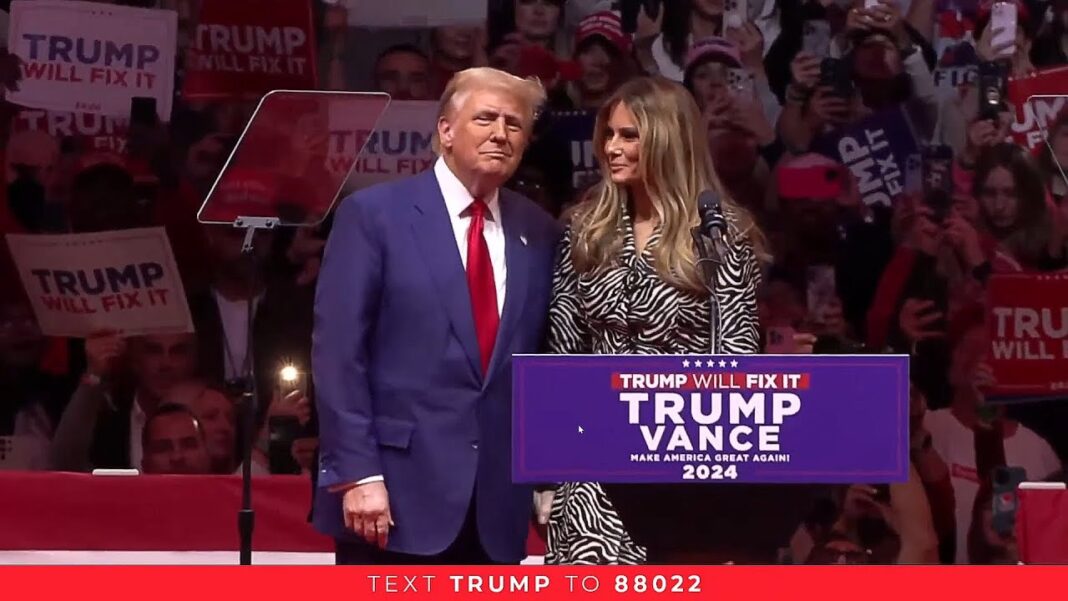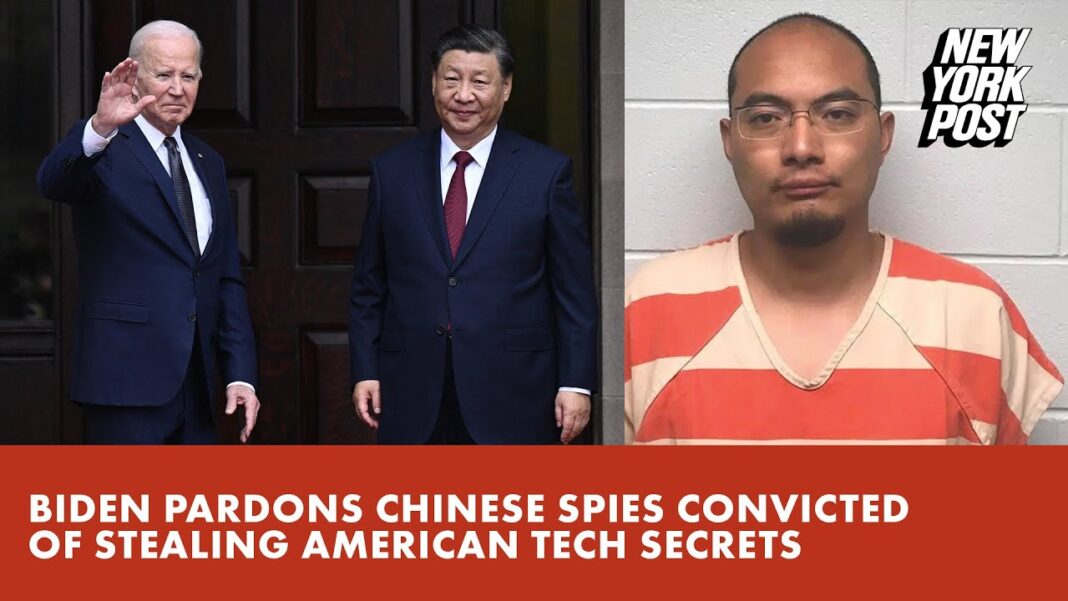Suspended from office, President Yoon’s political fate now lies in the hands of the Constitutional Court.
The South Korean president has been impeached by the opposition-led National Assembly, which voted to suspend him from his official duties over his short-lived attempt to impose martial law earlier this month.
President Yoon Suk Yeol’s political fate now lies in the hands of the Constitutional Court, which has six months to decide whether to remove him from office.
Last weekend, Yoon’s minority party prevented a previous impeachment vote, which requires a two-thirds majority, by boycotting the vote and preventing a quorum. The vote would have needed eight defections out of the 108 seats they hold.
On Dec. 14 however, with a shift in political mood over the week, there were enough defections to pass the motion, by a margin of 204–85 in the 300-seat assembly, reported Yonhap. There were three abstentions and eight invalid ballots.
Prime Minister Han Duck-soo, who was appointed by Yoon, takes over as acting president.
The vote suspends Yoon’s powers until a decision is made by the Constitutional Court, but in the meantime he remains officially in office. He retains presidential immunity from most charges except for insurrection or treason.
The president’s party, the People Power Party (PPP) officially opposed the impeachment.
However, on Dec. 12, the leader of the party expressed support for impeaching the president, calling on his party’s lawmakers to vote based on their own convictions.
That shift in stance came the night after a bullish televised address by Yoon, who vowed to “fight to the end” attempts to impeach him.
Yoon said he declared martial law as a warning to the opposition Democratic Party, which he accused of sympathizing with North Korea and using its legislative power to impeach top officials and undermine the government’s budget bill for next year.
The martial law declaration and his decision to send troops to the country’s National Assembly does not amount to an insurrection, he said.
“I will fight to the end to prevent the forces and criminal groups that have been responsible for paralyzing the country’s government and disrupting the nation’s constitutional order from threatening the future of the Republic of Korea,” Yoon said. “The opposition is now doing a sword dance of chaos, claiming that the declaration of martial law constitutes an act of rebellion. But was it really?”
By Simon Veazey






